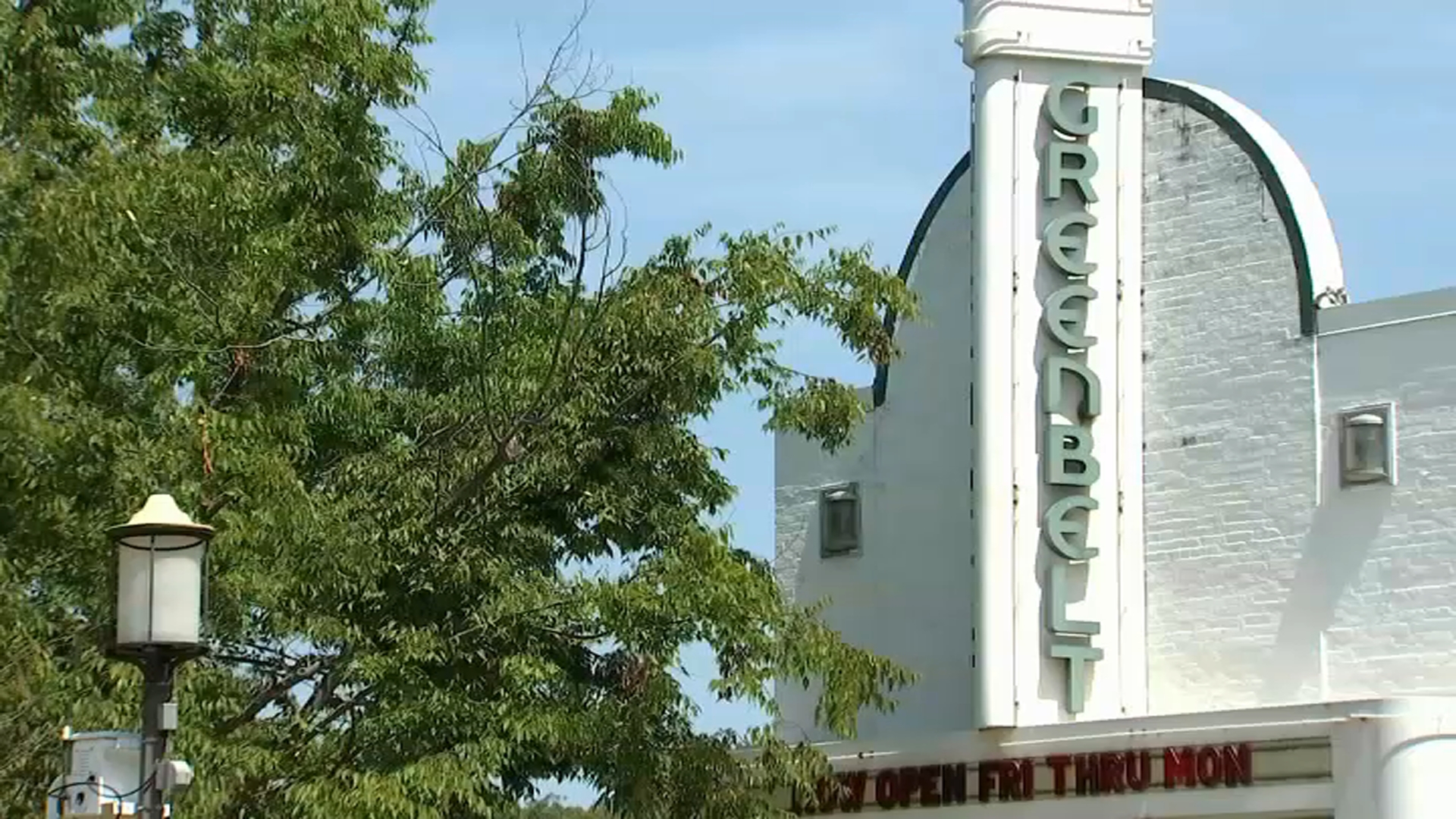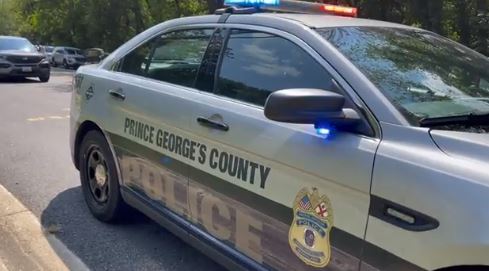Greenbelt, Maryland, passed a historic referendum Tuesday to develop a commission to study possible reparations for its Black and Native American residents.
The city council will put together a 21-person commission to review reparations for its Black and Native American residents.
Old Greenbelt is one of three planned communities created under President Franklin D. Roosevelt as part of the New Deal to provide work and affordable homes, but there's a dark side to its legacy.
“It's a discussion that needs to happen,” resident Neil Williamson said. “Greenbelt with its history, you know, it's a really sad, bad history.”
We're making it easier for you to find stories that matter with our new newsletter — The 4Front. Sign up here and get news that is important for you to your inbox.
While Black people helped to build the city, federal laws prohibited them from buying homes there, costing generations access to wealth accumulation.
There were tense moments as the city council debated how to best heal those wounds. After months of discussion, they decided to put a vote to the people.
Several residents said they support taking a deep dive into the issue.
“What can we do as a community that’s not necessarily paying out millions and millions of dollars we don't have, but what can we do as a community to bring equality to everybody?” resident Bev Wilson asked.
“When you look at the disparities within the country and the number of ethnic groups that have received reparations, African Americans are still at the very bottom,” resident Jessica Townsend said.
Currently, the commission will only research and present possible options for reparations. The next steps will be decided after the commission's work is complete.
“I think I’m proud to be part of a place that would have that courageous and hard conversation,” resident Jessica O'Roark said.



